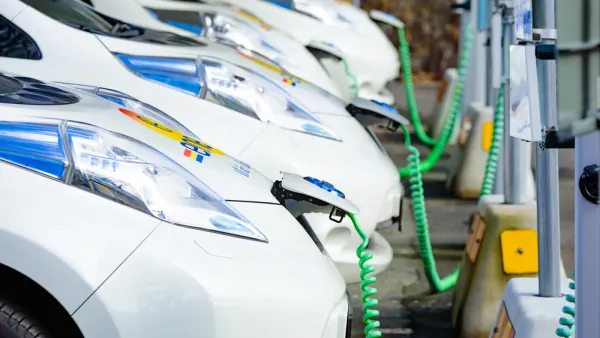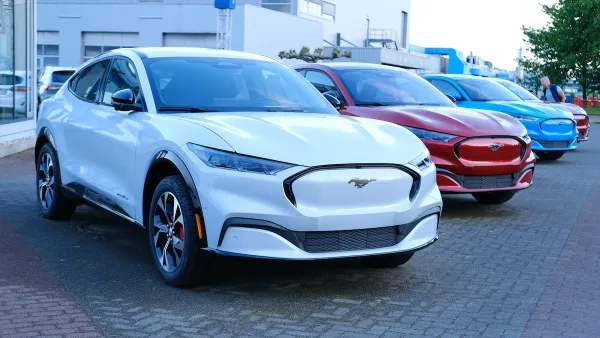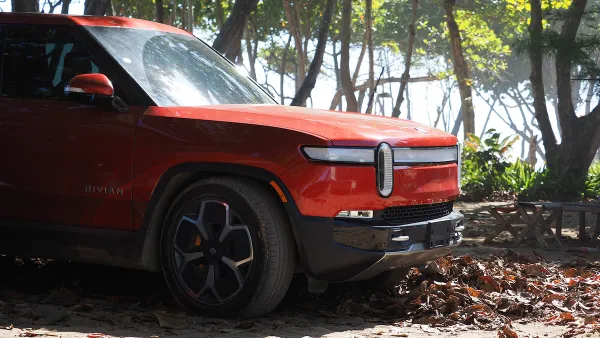$7 gas is necessary according to a new report if transportation emissions are to be reduced to EPA targets by 2020. What's more, providing tax credits for electric and hybrid vehicles would backfire. The report recommends steep gas tax increases.
To meet the EPA's 2020 targets for cutting greenhouse gas emissions by 14%, the cost of gas would have to increase to $7 a gallon, according to a March report by researchers at Harvard's Belfer Center for Science and International Affairs.
"Most of their models assumed an economy-wide carbon dioxide tax starting at $30 a ton in 2010 and escalating to $60 a ton in 2030. In some cases researchers also factored in tax credits for electric and hybrid vehicles, taxes on fuel or both.
In the modeling, it turned out that issuing tax credits could backfire, while taxes on fuel proved beneficial."
'Tax credits don't address how much people use their cars,' said Ross Morrow, one of the report's authors. 'In reverse, they can make people drive more.'
"Researchers said that vehicle miles traveled will increase by more than 30 percent between 2010 and 2030 unless policymakers increase fuel taxes."
Thanks to Ron McLinden
FULL STORY: Fuel Taxes Must Rise, Harvard Researchers Say

National Parks Layoffs Will Cause Communities to Lose Billions
Thousands of essential park workers were laid off this week, just before the busy spring break season.

Retro-silient?: America’s First “Eco-burb,” The Woodlands Turns 50
A master-planned community north of Houston offers lessons on green infrastructure and resilient design, but falls short of its founder’s lofty affordability and walkability goals.

Delivering for America Plan Will Downgrade Mail Service in at Least 49.5 Percent of Zip Codes
Republican and Democrat lawmakers criticize the plan for its disproportionate negative impact on rural communities.

Test News Post 1
This is a summary

Test News Headline 46
Test for the image on the front page.

Balancing Bombs and Butterflies: How the National Guard Protects a Rare Species
The National Guard at Fort Indiantown Gap uses GIS technology and land management strategies to balance military training with conservation efforts, ensuring the survival of the rare eastern regal fritillary butterfly.
Urban Design for Planners 1: Software Tools
This six-course series explores essential urban design concepts using open source software and equips planners with the tools they need to participate fully in the urban design process.
Planning for Universal Design
Learn the tools for implementing Universal Design in planning regulations.
EMC Planning Group, Inc.
Planetizen
Planetizen
Mpact (formerly Rail~Volution)
Great Falls Development Authority, Inc.
HUDs Office of Policy Development and Research
NYU Wagner Graduate School of Public Service





























